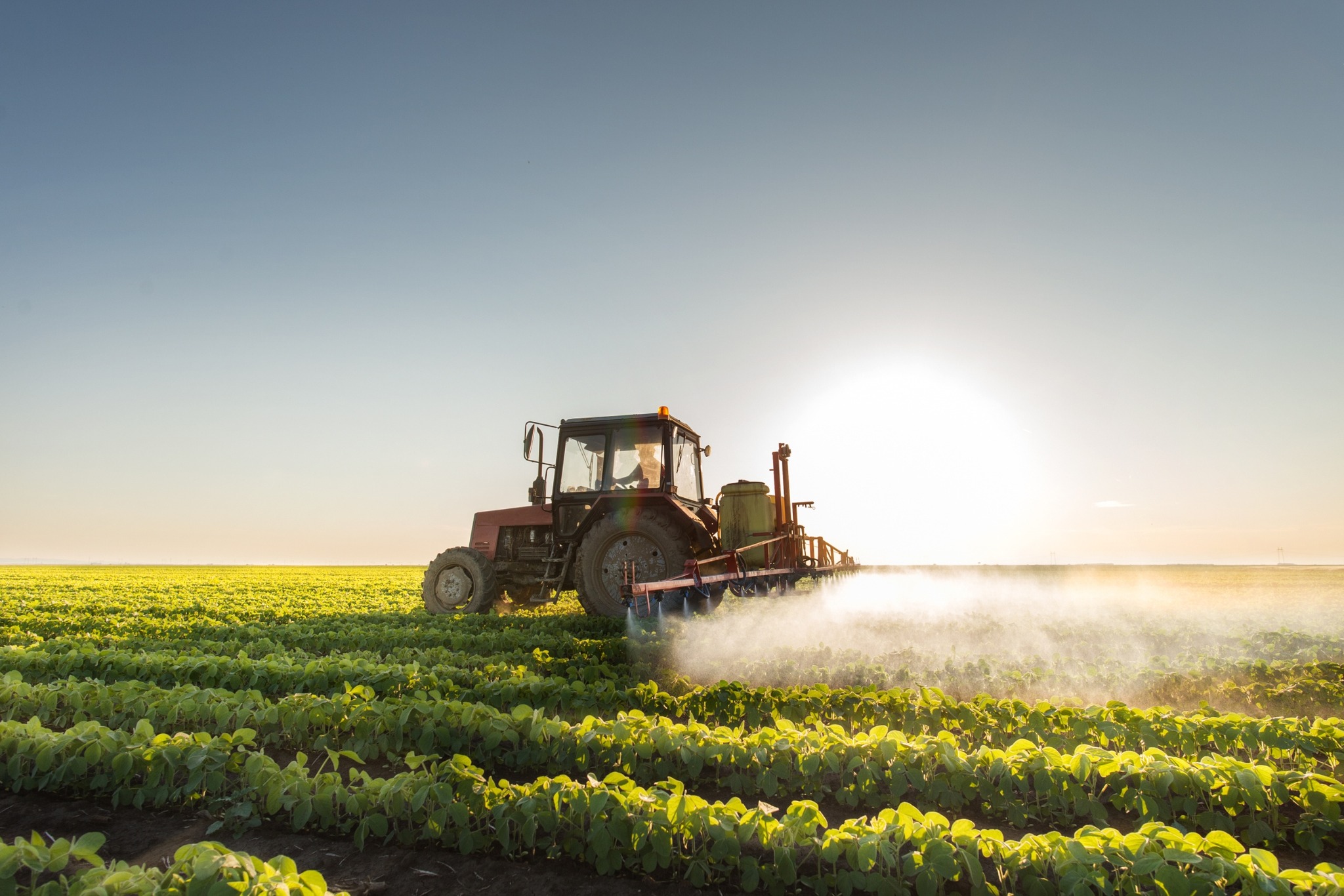In the dynamic world of agriculture, where efficiency and reliability are critical to success, fuel is more than just a necessity—it’s a cornerstone of daily operations. Agricultural diesel suppliers play a vital role in ensuring that farms across the UK have access to the high-quality diesel they need to power everything from tractors and harvesters to irrigation pumps and grain dryers.
With increasing demand for reliable energy solutions, a shift toward sustainable alternatives, and tighter regulations, the role of diesel suppliers in agriculture is more essential—and more complex—than ever before.

What Is Agricultural Diesel?
Agricultural diesel, commonly known as red diesel or gas oil, is a type of diesel fuel specifically designated for off-road use. It is chemically similar to regular (white) diesel but dyed red to indicate its tax-reduced status and restricted use. Red diesel can legally be used for:
-
Agricultural and horticultural vehicles
-
Forestry and land management machinery
-
Stationary engines and generators used on farms
Because it is less taxed than road diesel, red diesel significantly reduces fuel costs for farmers—making it a preferred choice for powering agricultural equipment.
The Role of Agricultural Diesel Suppliers
Agricultural diesel suppliers are businesses that specialise in sourcing, storing, and delivering red diesel directly to farms. Their services typically include:
-
Bulk fuel delivery to on-site tanks
-
Flexible order sizes to accommodate farms of all scales
-
Emergency fuel supply during peak seasons or outages
-
Tank installation and maintenance
-
Fuel monitoring and telemetry systems for automatic refills
-
Sustainability support including biofuel alternatives and carbon offsetting
These suppliers not only deliver fuel but also offer tailored solutions to improve efficiency, reduce downtime, and ensure compliance with environmental and legal standards.
Benefits of Working with a Trusted Agricultural Diesel Supplier
-
Reliability and Timely Deliveries
Farms depend on uninterrupted operations. A dependable fuel supplier ensures that diesel is available when and where it’s needed, particularly during critical periods like planting or harvest. -
Cost Efficiency
Bulk fuel purchases often come with competitive pricing, and suppliers may offer fixed or capped pricing contracts to help manage fluctuating fuel costs. -
Expertise and Technical Support
Suppliers provide advice on fuel quality, storage, usage, and environmental best practices. -
Compliance Assistance
With changing regulations on red diesel usage, experienced suppliers help farmers navigate HMRC rules and ensure proper documentation and storage. -
Product Quality
Reputable suppliers deliver high-grade diesel that meets British standards, reducing the risk of machinery damage or reduced performance due to fuel contamination.
Key Features of Agricultural Diesel Delivery
-
Bunded tank delivery: Fuel is delivered into secure, environmentally compliant tanks.
-
Mobile bowser supply: Portable refuelling units allow for on-field machinery fuelling.
-
Telemetry monitoring: Automated systems track fuel levels and schedule refills.
-
24/7 service availability: Essential for emergency needs during high-demand seasons.
These features ensure that farms can continue operations without delays or unexpected shortages.
Leading Agricultural Diesel Suppliers in the UK
Several companies have earned strong reputations for their service in the agricultural sector:
-
Certas Energy – One of the UK’s largest suppliers, offering national coverage, telemetry systems, and sustainable fuel alternatives.
-
Watson Fuels – With decades of experience, they are known for responsive service and rural fuel delivery expertise.
-
Rix Petroleum – A family-run business offering diesel, lubricants, and tank solutions tailored to farms.
-
NWF Fuels – Specialising in agricultural fuel supply with flexible delivery options and expert support.
These suppliers often provide value-added services such as fuel additives, equipment maintenance advice, and waste oil disposal.
Moving Toward Sustainability: Diesel Alternatives
With agriculture under pressure to reduce its environmental footprint, many diesel suppliers are helping farms transition to cleaner fuels:
-
Hydrotreated Vegetable Oil (HVO) – A renewable diesel replacement that can reduce carbon emissions by up to 90% and is compatible with most diesel engines.
-
Biodiesel Blends – Some suppliers offer biodiesel options made from plant oils and animal fats, though these are less common than HVO.
-
Carbon Offsetting – Programs that allow farms to compensate for their fuel use through tree planting or renewable energy projects.
These alternatives provide a practical path for farms looking to balance performance with sustainability.
Challenges and Considerations
Agricultural diesel suppliers must help farmers navigate a range of challenges, including:
-
Price volatility due to global oil markets
-
Changing regulations, such as restrictions on red diesel usage
-
Environmental concerns, particularly around storage and spillage
-
Infrastructure upgrades needed for alternative fuels like HVO
Strong partnerships between suppliers and farmers are essential to tackling these issues effectively.
Conclusion
Agricultural diesel suppliers are an indispensable part of UK farming, delivering more than just fuel—they provide the support, expertise, and infrastructure that keep farms running efficiently and sustainably. As the agricultural sector continues to evolve in response to environmental and economic pressures, suppliers will play a key role in helping farms adopt cleaner, more resilient energy strategies.
Whether it’s ensuring the timely delivery of red diesel or helping implement renewable fuel solutions, agricultural diesel suppliers are fueling the future of British farming—one tank at a time.


![[Help~DESk] How To CONTACT “QuickBooks Enterprise Support Number”? {{Official Intuit}©](https://bioneerslive.org/wp-content/uploads/2025/04/qb1agvwm3yWtzhS7q-270x162.png)

